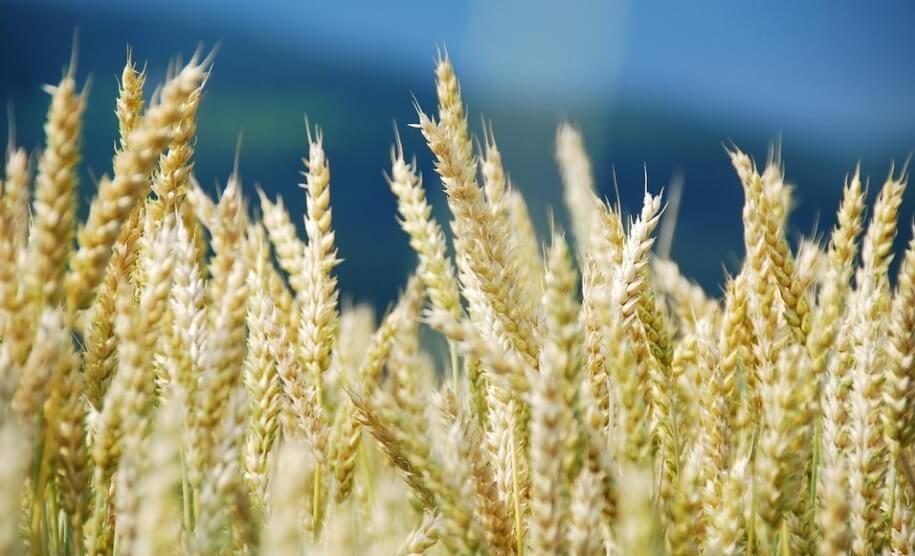India’s wheat shipment that was rejected by Turkey was sold via a Swiss trading house
The wheat shipment from India that was rejected by Turkey two days ago on phytosanitary grounds was not sold directly to Turkey and was instead delivered via a Swiss trading business house, according to government sources.
‘The Center has been informed of the denial. We have discovered that the shipment pertains to ITC Group, which has never sold directly to anyone in Turkey. The shipment was sold FOB, basis weight, and quality final by a buyer surveyor in India to a Swiss importer,’ according to an unnamed official who is not authorized to communicate with the media.
According to ITC, it has not received any information or facts regarding the buyer’s rejection of the shipments. Also Read | Traders, suppliers in trouble as Cargill, ITC terminating wheat procurement contracts.
Rubella disease
According to sources, Turkey rejected 56,877 tonnes of Durum wheat because the Turkish Ministry of Agriculture and Forestry identified Rubella in the shipment. The shipments were completed prior to India’s May 13 restriction on wheat exports.
The shipment is now returning to the Gujarati port of Kandla, where it was loaded. Possible origin of the wheat: Madhya Pradesh, which yields the specialized grain used to make pasta and macaroni.
An exporter explained that if the shipment was sold FOB (Free-on-board) wait and quality final, a third party, typically an international surveyor, will evaluate the shipment and determine the tonnage and quality.
Kashmir connection Political?
‘Probably, the deal was signed based on an agreement that the price would be depending on clearance at the discharge port,’ the exporter, who wished to remain anonymous, added.
A trade analyst was perplexed by the unexpected appearance of the Rubella virus. The analyst, who did not wish to be identified, felt it was a ‘political’ decision, considering that Turkey has been hostile to India ever since India abolished Article 370, which granted Kashmir special status.
However, according to the exporter, the inclusion of an anti-microbial component in the shipment could be a little concerning. ‘There is a wheat shortage in Turkey, and the rejection may not be due to politics,’ he stated.
Options for seller
The fact that the shipment is returning to Kandla indicates a major quality issue. ‘Typically, when a government rejects a product, exporters attempt to sell it in another country. If Turkey had refused the package in this instance, the exporter may have attempted to sell it to Egypt, which is further away. However, this is not the case,’ he stated.
In addition, the exporter noted that India has subsequently stopped wheat shipments, which is another indication that the phytosanitary issue may be serious.
The Food Corporation of India (FCI) was unable to acquire sufficient quantities of the grain for distribution through ration shops due to a heatwave that swept throughout the country and reduced wheat production on May 13. This was due to the fact that open market prices were higher than the minimum support price of ₹2,015 per quintal as a result of significant export demand.
Reduced output and procurement
This year’s wheat production is anticipated to be 106 million tonnes (mt) less than the earlier forecast of a record 111.32 mt. As of 30 May, the FCI had only acquired 18,75 metric tonnes of wheat, compared to 43.44 metric tonnes this time last year. In comparison to 52.57 mt a year earlier, the government agency had 30.34 mt of wheat on hand as of May 1.
In the previous fiscal year, India exported a record-breaking 7,5 million metric tonnes (mt) of wheat, and this year it had hoped to surpass that figure before the scorching weather and poor harvest disrupted its ambitions. India is not a leading exporter, but the Russia-Ukraine conflict has caused a supply deficit and increased prices, which has increased demand for its wheat.
Russia and Ukraine account for thirty percent of the worldwide market, and the geopolitical situation has hampered supplies from both countries. Also Read | Opportunity to double agricultural exports in medium term – ITC Chairman.
Wheat futures on the Chicago Board of Trade are currently trading at a three-week low of $10.937 per bushel ($401.87 a tonne). On the domestic market, the weighted average modal price (the price at which the majority of transactions occur) in various agricultural terminal markets was ₹2,066 yen per quintal.


















Add Comment